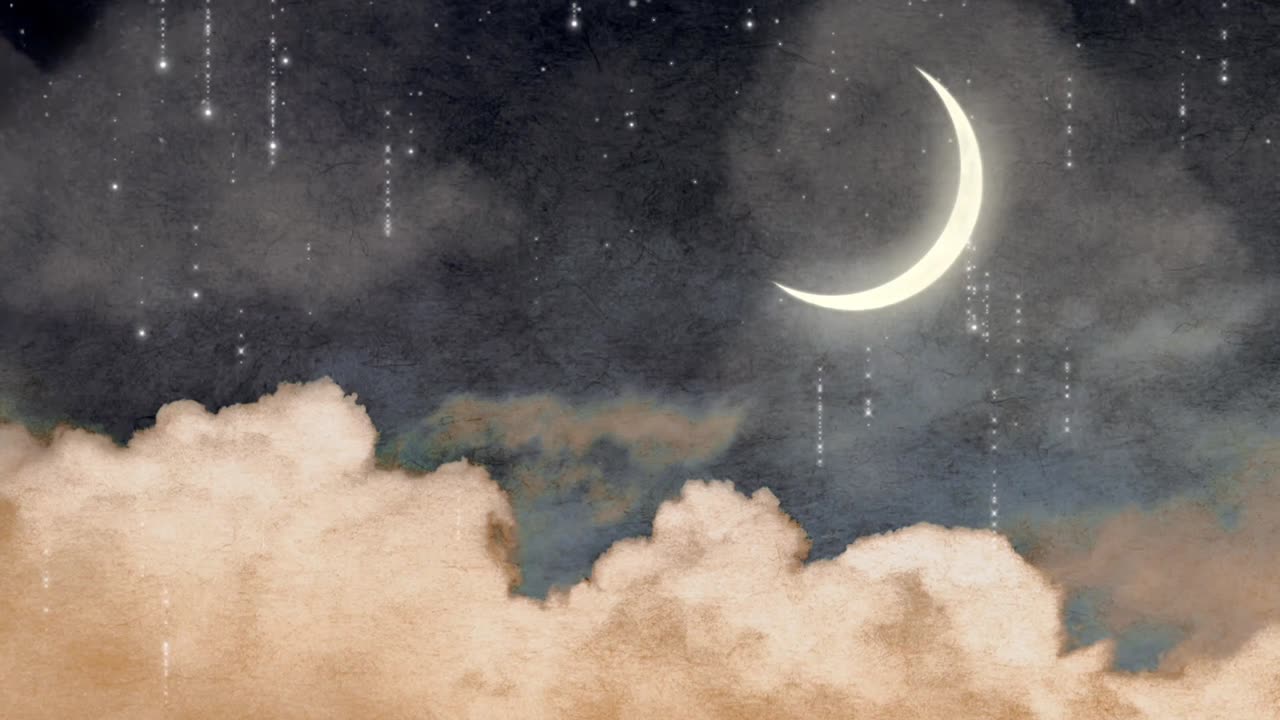Premium Only Content

Franz Schubert: Swan Song, D. 957: IV. Serenade in D Minor. (Arr. for Violin and Piano)
Franz Schubert: Schwanengesang, D. 957: IV. Ständchen in D Minor. (Arr. for Violin and Piano)
Franz Schubert: Swan Song, D. 957: IV. Serenade in D Minor. (Arr. for Violin and Piano)
Background
Named by its first publisher, Tobias Haslinger, who presumably wished to present it as Schubert's last testament, Schwanengesang differs from the earlier Die schöne Müllerin and Winterreise song-cycles by including settings of more than one poet. Seven texts by Ludwig Rellstab (1799–1860) are followed by six by Heinrich Heine (1797–1856); inclusion of the last song, to words by Johann Gabriel Seidl (1804–1875), may or may not reflect Schubert's wishes. In any case, all 14 songs were composed in 1828 and the collection was published in 1829, a few months after the composer's death.
Composition and publication
The Rellstab and Heine settings were copied in a single sitting on consecutive pages of the manuscript in Schubert's hand, and Seidl's Die Taubenpost is considered to be Schubert's last Lied — thus the basis for Haslinger's sequence, one accepted by posterity together with his conceit that a cycle exists at all. (The true cycles Die schöne Müllerin and Die Winterreise had sold well, motivating the publisher.) The title Schwanengesang is not the composer's but all the song titles are; Heine, for one, did not name his poems.
An uncertain cycle
On 2 October 1828, after the manuscript had been written, Schubert offered the Heine set of six songs to a Leipzig publisher by the name of Probst. We can assume, then, that Schubert, at least in the beginning, intended two separate single-poet collections. Furthermore the order of nos. 8–13, as they appear in the manuscript, differs from that of the poems as Heine published them: 10, 12, 11, 13, 9, 8, which in any case were not consecutive, as the table below shows. It was customary for Schubert to respect the poet's sequence; the manuscript may not represent Schubert's desired order. The Seidl song, "Die Taubenpost", has no connection to the rest of the cycle and was appended by Haslinger at the end to round up all of Schubert's last compositions.
Franz Schubert (31 January 1797 – 19 November 1828) was an extremely prolific Austrian composer. He composed some 1500 works (or, when collections, cycles and variants are grouped, some thousand compositions). The largest group are the lieder for piano and solo voice (over six hundred), and nearly as many piano pieces. Schubert also composed some 150 part songs, some 40 liturgical compositions (including several masses) and around 20 stage works like operas and incidental music. His orchestral output includes thirteen symphonies (seven completed) and several overtures. Schubert's chamber music includes over 20 string quartets, and several quintets, trios and duos.
-
 16:35
16:35
Clintonjaws
5 hours ago $139.25 earnedBill Maher vs Bill O'Reilly Trump Debate - This Is Priceless!
120K68 -
 LIVE
LIVE
TheItalianCEO
3 hours agoSunday COD into Arc Raiders
89 watching -
 2:08:22
2:08:22
Game On!
1 day ago $70.16 earnedNFL Week 10 Wise Guy Roundtable BEST BETS!
186K8 -
 LIVE
LIVE
VanPlaty
2 hours agoArc Raiders - Blueprint hunting today
36 watching -
 LIVE
LIVE
SOLTEKGG
4 hours agoLIVE (30+ KILL WORLD RECORD) - Battlefield 6
151 watching -
 23:30
23:30
Lady Decade
20 hours ago $19.90 earnedYakuza Kiwami 3 is Causing Outrage !
34.1K10 -
 1:33:48
1:33:48
CCoH
1 day ago $1.43 earnedWes Craven: The Mastermind Who Rewired Horror | Coffee Chat of Horrors
5.95K4 -
 10:23
10:23
Forrest Galante
9 hours agoAsking an Indian Billionaire Why He Is Saving 1 Million Animals
74.3K19 -
 LIVE
LIVE
Lofi Girl
3 years agolofi hip hop radio 📚 - beats to relax/study to
154 watching -
 6:14
6:14
PistonPop-TV
2 days ago $38.36 earnedThe VW 07K: The Indestructible Five-Cylinder with Lamborghini DNA
36.6K9